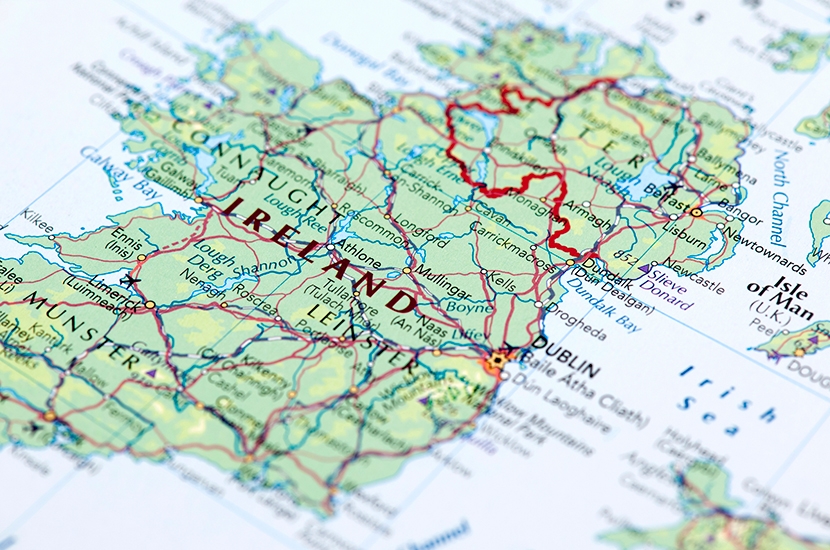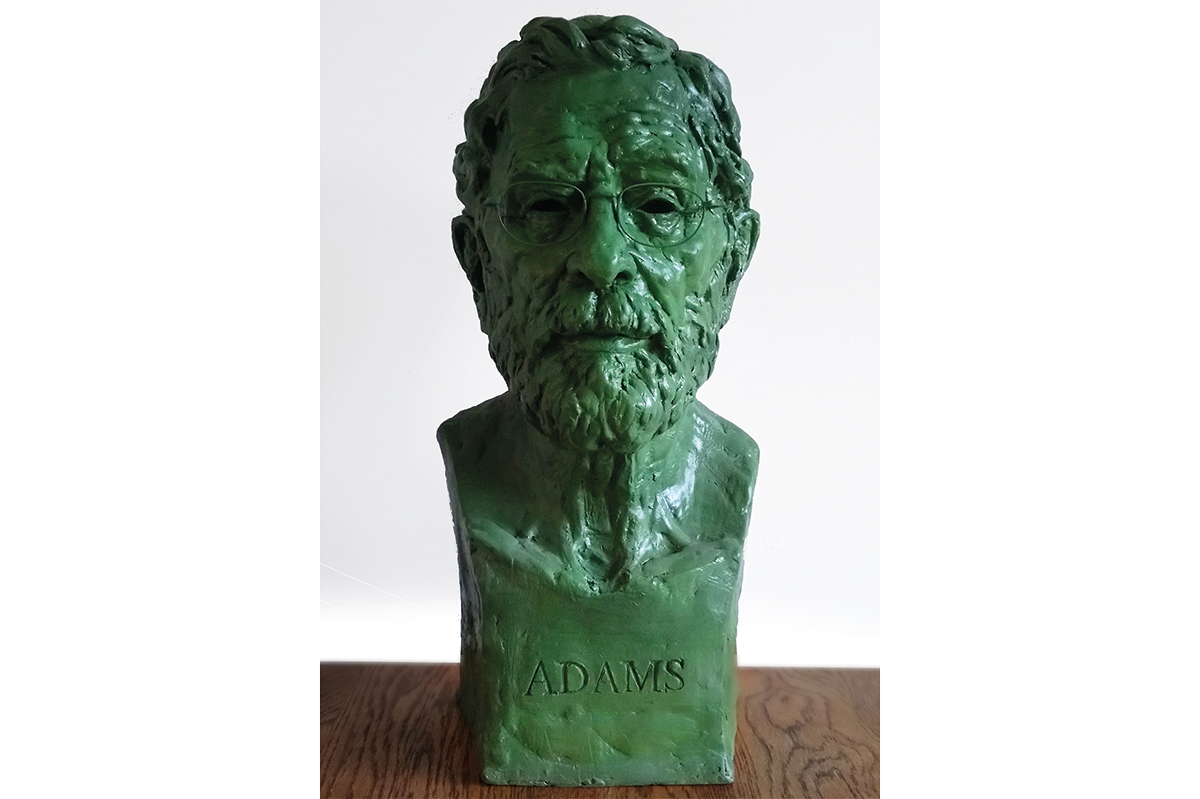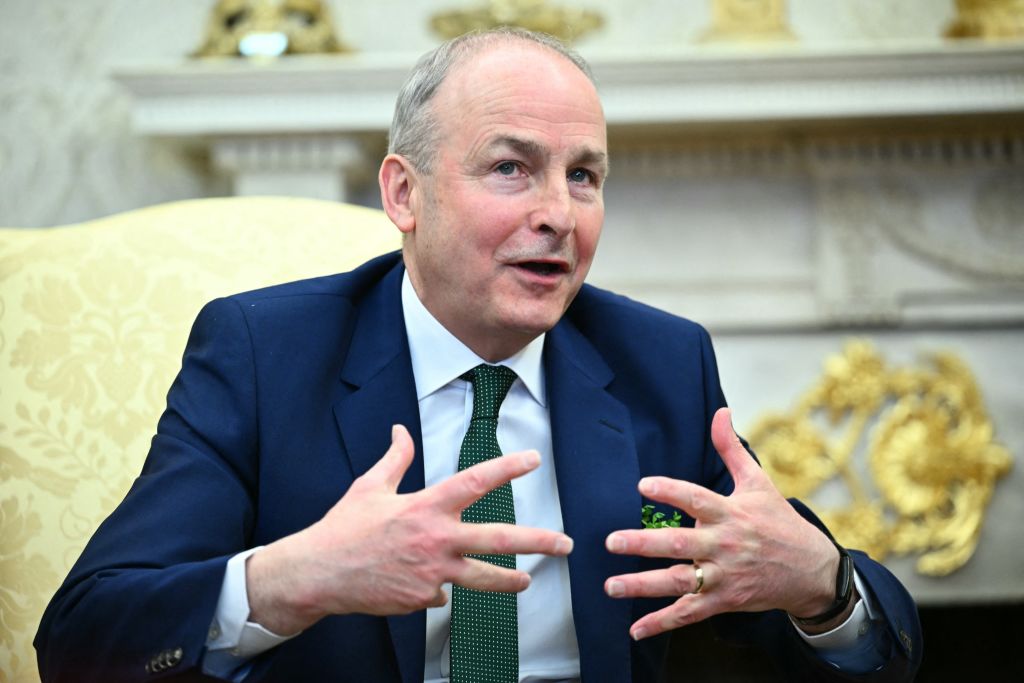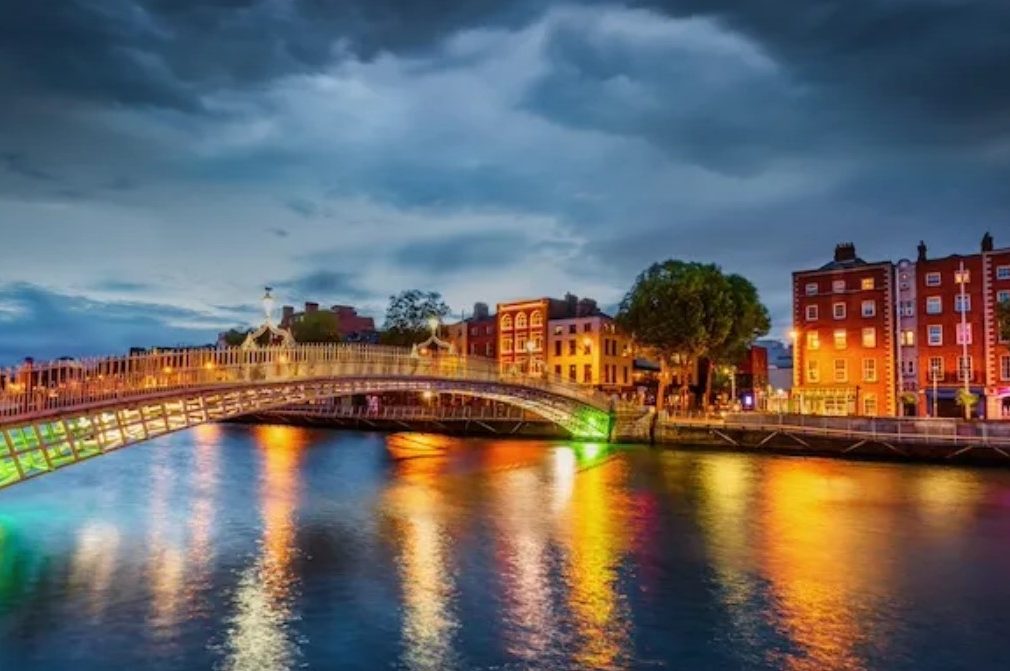Last week, Edwin Poots was elected leader of the Democratic Unionist party in Northern Ireland. You may have read all about him. I have. You may not previously have known much about him. I didn’t. We should hesitate, I think, to respond to his elevation with a broad-brush sneering dismissal, or in personal terms. We know, of course, about Mr Poots’s creationist beliefs and most of us reject them, and I don’t like his views on homosexuality or abortion; but Poots has proved able to work pragmatically with republican fellow politicians.
In an important way, though, this isn’t about Poots, but what he represents: a unionist shift towards back-to-basics fundamentalism. His party is lurching towards a ‘core-vote’ strategy: consolidating its appeal to its fiercest supporters in the Protestant community while laying aside ambitions to win back voters peeling away from strident unionism. It is possible the DUP is beginning a slow, comforting, but ultimately fatal retreat towards the margin.
That’s certainly how many outside, and some within, the politics of the Province see things. Such commentary often proceeds to speculate on the terms of the Belfast (‘Good Friday’) Agreement’s provision for a referendum in Northern Ireland: a plebiscite on union with the south. The agreement states that the secretary of state for Northern Ireland shall call a border poll ‘if at any time it appears likely to him that a majority of those voting would express a wish that Northern Ireland should cease to be part of the United Kingdom and form part of a united Ireland’. Post-Poots commentary has tended to suppose that if the DUP want to lead their followers on to narrower ground, they will leave behind enough stragglers to create, with Sinn Fein and other republican voters, a crude and perhaps bare majority for a united Ireland. Such a majority may not be all that far off.
This worries me. Worse: it worries me that I’m worried. After all, I believe in a united Ireland both as an ideal and as a serious medium-term goal. As an MP (along with, secretly, huge numbers of fellow Tory MPs) I couldn’t stand the sour politics, the rudeness and what seemed to me the closed minds of most of the Province’s unionist politicians at Westminster. And as an Englishman I have a painful sense of historical guilt for what we British did to the Irish in centuries past. Without thinking hard or in detail about how unification might work, I’ve always (if vaguely) believed it would be better if everyone on the island of Ireland put the history of British involvement behind them, and embraced a common island-wide destiny, as the 200,000-odd Protestant minority south of the border seem to do already. So, surely, to my way of thinking, the Belfast Agreement’s envisaged border poll couldn’t come soon enough? Or so I assumed.
But not so fast. Literally, not so fast: 51 percent is not enough. Not in an already divided population.
Without trying here to represent Chris Patten’s thinking, I should say that it is talking to him that has helped me form my own opinion. Lord Patten is a Roman Catholic. He chaired the commission that steered the reform of the Royal Ulster Constabulary, among whose proposals were the removal of many of the symbols of Britishness from the force, a 50/50 Catholic/Protestant recruitment policy, and the RUC’s renaming as the Police Service of Northern Ireland. Hardly a Unionist ultra, then, but someone with sympathy for both sides of the sectarian divide. So I listen carefully when Patten discusses these matters. And that steered me to my own conclusions on a border poll.
Let me acknowledge first that the Belfast Agreement’s stipulations on this poll are deficient in many key details. But we’ll here brush over its failure to say how the secretary of state is to determine whether a majority for a united Ireland is ‘likely’; or whether the Dublin government is obliged to support the idea; or whether a referendum on the same terms must be held in the south; or who would frame the proposals for unification; or whether firm proposals or simply unification in principle are to be put to the voters. Or indeed what should flow for both governments from the result. It looks to me as if those who hammered out the drafts for the Agreement gave little detailed thought to an eventuality they believed to be decades away and for their successors, but which in the immediate would greatly sweeten the document for republican palates.
All that’s as may be. My worry is more fundamental. I don’t think you can do this by bare majority. It creates not just the risk but the certainty that the question will be seen as being about which foot the boot is to be on. One half of the sectarian divide will ‘win’ and the other will ‘lose’. And if the side that loses amounts to something like half the whole population, then where (from what we know about how Irish sectarian anger translates into action) will that lead? Will Dublin wish to be landed with an entire country in a state of near civil war? Can (say) 40 percent of the Province be peaceably led, as it were in chains, into subordination by a foreign country?
You may accuse me of recommending surrender to the mere anticipation of loyalist violence. Yes I am. There are battles we should not pick — particularly if they can be won by subtler means.
So what do I propose? An understanding, first, that without at least the acquiescence, and at best the support, of the majority of the Province’s Protestant community, the two halves of Ireland cannot be forced together. And second, that this majority is eminently achievable: with patience, tact, growing economic integration, the cultural mixing that’s happening already, and the rise to maturity of a younger generation from (but less ferociously of) the Protestant community.
So wait. Wait until it doesn’t feel like victory or defeat, but an all-island generational shift. Otherwise, for republicans, ‘victory’, if it comes too soon, will turn to ashes.
This article was originally published in The Spectator’s UK magazine. Subscribe to the World edition here.

























